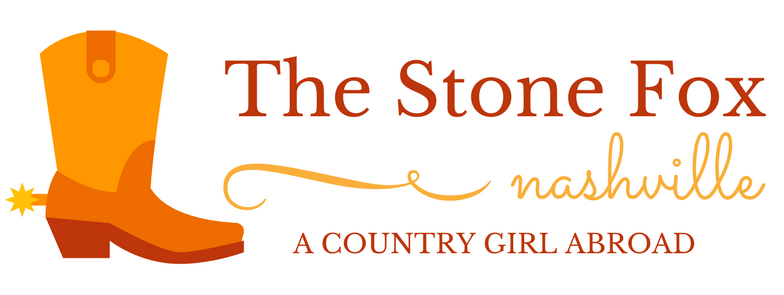Culture is a set of unique attributes that distinguishes one group from another. It helps a group of individuals to form their identity based on shared principles, morals, and ethical values. In the broader perspective, culture helps an individual become part of an organization or a team. Toxic culture, on the other hand, discourages people from becoming part of a team. Such practices can do more harm than good. It creates resentment and demotivates talented individuals from achieving excellence.

Hence, a cultural framework is the essence of an organization. Without such a framework, people do not have an outline and can impose their own culture, which can become problematic in some places.
A culture framework aids organizations, whether a workplace or a sports team, to conform to a set of standards that they aspire to achieve. It promotes the well-being of individuals as well as the team, on the whole. In addition to this, culture provides an environment of growth and development, even if the individual players change. However, culture is also shaped by its people.
In sports, as well as companies, the achievements of an organization are far more significant than individual achievements. However, this is not to say that an individual’s accomplishments do not matter; they do! In the formation of a culture, one needs to put individual and altruistic goals on the same pedestal.
Sports culture framework
One of the hallmarks of the sports culture framework is teamwork. Without it, teams have no hope to win. Businesses can learn a lot from sports cultural framework. Sports provide an example for establishing a culture framework because it offers apparent proof of how an individual’s performance can uplift an entire team.
Moreover, sporting clubs require the community to play a part in establishing their culture. The community offers a talent pool for clubs. Hence, the community is a part of the sports, and it should also be the focus of businesses. It is where Corporate Social Responsibility lies.
To know more about how culture leads to an organization’s growth, see here for culture framework.
Key takeaways
- Business can do well to incorporate sports-related and other team building activities to promote a culture of teamwork and inclusivity.
- Often an organization’s culture is an unwritten agreement. However, an organization’s manifesto or a written culture framework can help them iterate the importance of culture.
- Cultures that promote equality, inclusivity, teamwork, uplifting one another and such moral values are bound to stay in the game for the long-run.
- A culture framework inculcates a good work ethic among individuals who stay with them for the long-term. It is how a company’s culture affects other organizations as well.
- Culture can help uplift those individuals that are underperforming by providing these individuals the support of the community.
- A positive work environment promotes team-building and leads to mutual understanding. Hence, it provides room for bouncing back ideas, leading to a creative flow. Such things help inculcate feelings of trust, belonging, and respect among peers. It leads to productivity and allowing employees to be more satisfied with their jobs.



















